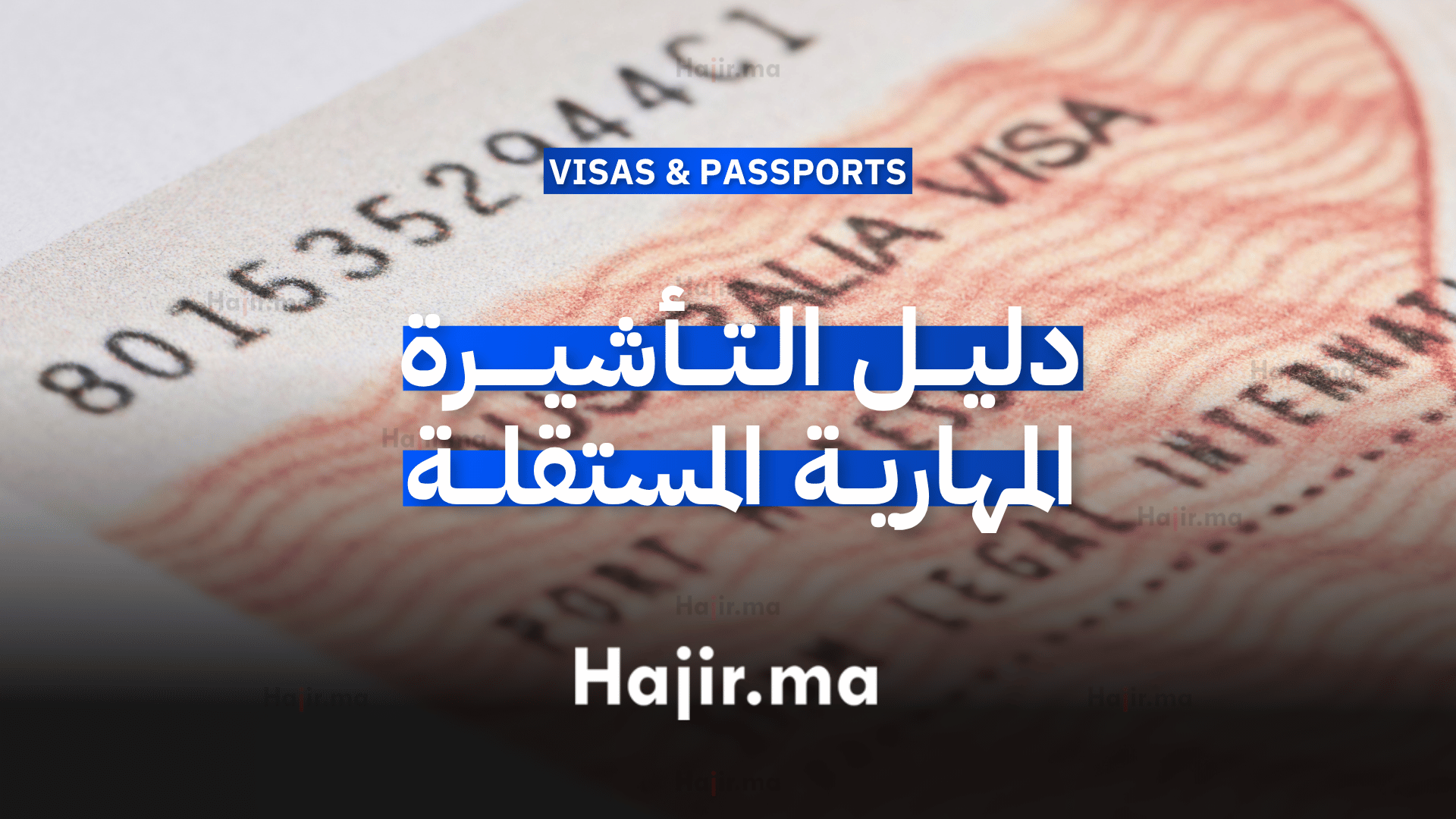Are you dreaming of a life in Germany, a country known for its happiness and robust economy? The good news is that there are various avenues for foreign nationals to settle and work in Germany. In this comprehensive guide, we will explore the most common way to migrate to Germany – through a work visa.
German Work Visas: Your Gateway to Employment
If you’re aspiring to work in Germany, obtaining a work visa is your primary step. Germany offers several visa options that cater to the diverse needs of international workers. These visas are your gateway to employment and a chance to experience the country’s rich culture and lifestyle.
Types of German Work Visas
Before you embark on your journey, it’s essential to understand the various types of work visas available:
The Blue Card: High-Skilled International Workers
The Blue Card is tailor-made for high-skilled international professionals. It’s designed for individuals with specialized skills who seek qualified employment in Germany. This visa offers flexibility, allowing you to work in Germany for up to four years.
Qualified Professionals Visa
Qualified professionals with higher education or vocational training can apply for this visa. It’s an opportunity for well-educated individuals to secure a stable job in their field in Germany for up to four years.
IT Specialists’ German Work Visa
If you are a tech-savvy individual with over three years of experience in IT, this visa could be your ticket to working in Germany. It provides you with the chance to work and enjoy social benefits with your family.
Self-Employment: Be Your Own Boss
For those willing to embark on an entrepreneurial journey, the self-employment visa allows you to start your own business in Germany. The terms and conditions can vary, so be sure to explore the specifics.
Research Visa: Unlocking Innovation
Germany values innovation, and the research visa is testament to that. This visa option depends on your nationality and is suitable for scientists and researchers looking to contribute to Germany’s advancement.
Alternative Routes to Work in Germany
Apart from the primary work visas, there are alternative routes to work in Germany:
- Student Visa Work Options: International students in Germany can work during semester breaks and up to 120 full days per year.
- Family Reunion: If you have a family member with a valid residence permit in Germany, you can join them.
- EU Blue Card: If you hold this card from another EU country, you can work in Germany with minimal restrictions.
- Job Seeker Visa: A six-month visa to find a job in Germany.
Requirements for a German Work Visa
To obtain a German work visa, you must meet specific requirements:
A Job Offer: Your Ticket to Germany
Having a job offer from a German employer is a fundamental requirement. Employers in Germany must confirm your job offer and provide the necessary documentation.
Language Skills: Unlocking Opportunities
German proficiency is crucial, especially in many job sectors. Proving your language skills can open doors to more job opportunities.
Financial Means: A Buffer for Success
You must demonstrate financial stability to support yourself during your stay. Ensure you have sufficient funds to cover your expenses.
Employer’s Approval: Crucial for Your Application
Your employer’s endorsement is essential, as they need to confirm the job offer and its conditions. They also play a role in your application process.
14. Job Search Services: Your Job Hunt Ally
Seeking employment in Germany can be challenging, but job search services can help. Many agencies and online platforms offer assistance in finding suitable job opportunities.
The most in-demand professions in Germany
In conclusion, if you dream of a life in Germany and are willing to work for it, the German work visa is your ticket to a new beginning. With various options available, you can choose the path that suits your qualifications and aspirations. The vibrant culture, strong economy, and diverse job opportunities await you in Germany.
FAQs
Q1: How long does it take to get a German work visa?
A1: The processing time for a German work visa can vary, but it typically takes several weeks to a few months. It’s advisable to apply well in advance of your intended start date.
Q2: Do I need a job offer to apply for a German work visa?
A2: Yes, having a job offer from a German employer is a fundamental requirement for most types of German work visas.
Q3: Can I bring my family with me on a German work visa?
A3: In many cases, yes. If you have a valid residence permit and meet certain conditions, your family members can join you in Germany.
Q4: What are the language requirements for a German work visa?
A4: The language requirements vary depending on the job and visa type. In many cases, you will need a good command of the German language.
Q5: Can I switch jobs while on a German work visa?
A5: It’s possible but may require approval and paperwork. Make sure to check with the authorities to ensure a smooth transition to a new job.
With this comprehensive guide, you’re now well-equipped to embark on your journey towards working in Germany. Remember, the path to a new life is often filled with challenges, but the rewards of living and working in this vibrant country are worth it. Good luck on your adventure!
You may also like: Air Canada Announces a Range of Vacancies With a Salary of 28$ Per Hour







